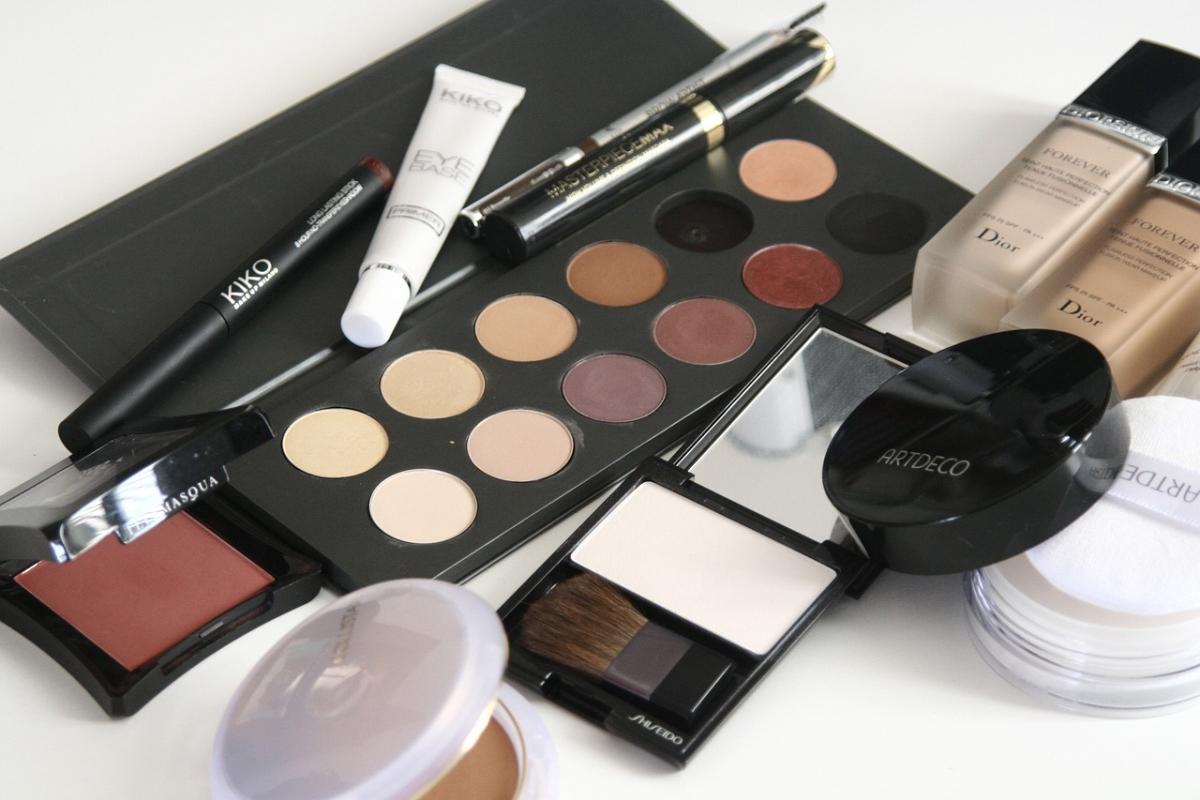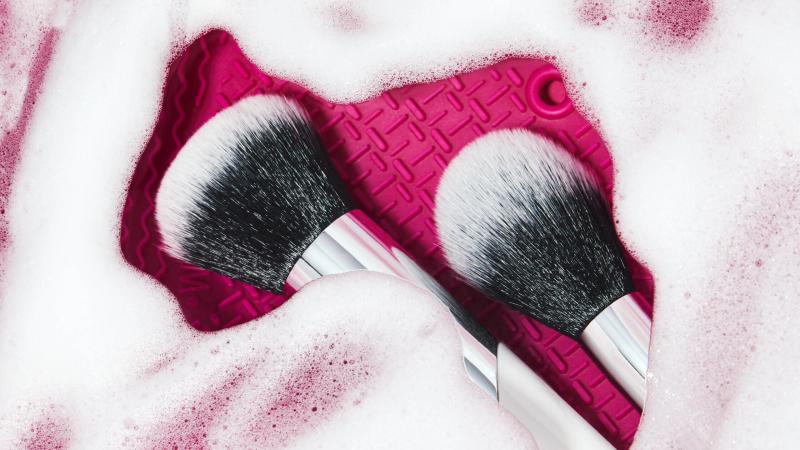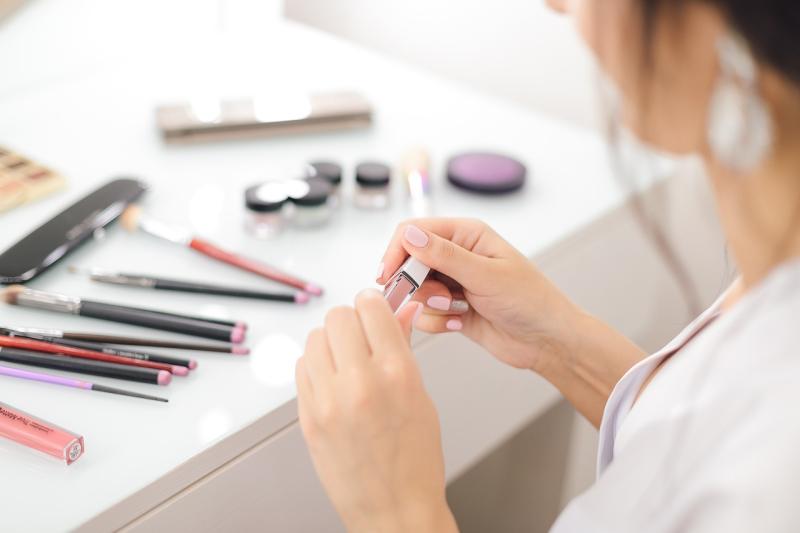When it comes to choosing makeup, going organic can be a game changer for your skin. Organic makeup is made with natural ingredients that are less likely to irritate your skin. If you have sensitive skin or are prone to breakouts, this can be a real lifesaver. Who wants to layer on products that could cause issues, right?
One of the big perks of organic makeup is the absence of harsh chemicals. Conventional makeup often contains synthetic additives and preservatives that can clog your pores or mess with your skin’s balance. Organic brands usually steer clear of these nasty ingredients, opting for plant-based alternatives instead. Think of it as giving your skin a clean, green hug!
Another reason to consider organic is the variety of options available today. You can find everything from foundations to lipsticks that not only look good but are good for you too. Plus, many organic brands focus on sustainability, using eco-friendly packaging which is a win for the planet as well.
When picking organic makeup, check the labels. Look for certifications like "USDA Organic" or "Certified Organic" to ensure what you're buying is genuinely free from synthetic materials. It's also helpful to read reviews or get recommendations from friends, so you know which products deliver on their promises.
Benefits of Conventional Makeup Explained
When it comes to choosing between organic makeup and conventional makeup, it’s essential to understand the benefits that conventional products bring to the table. First off, one of the biggest advantages is the range of options available. You’ll find a huge variety of shades, finishes, and formulas that can cater to any look you want to achieve. Whether you’re after a bold lip or a natural glow, there’s probably a conventional product that fits the bill perfectly.
Another key benefit is the longevity and performance of these products. Many conventional makeup brands are formulated to last throughout the day, resisting smudging and fading. For those long days at work or special events where you want your look to stay fresh, conventional makeup can provide that confidence boost. Plus, the range of formulas—like waterproof mascaras and long-lasting foundations—are designed to withstand whatever life throws your way.
Many conventional makeup products also undergo extensive testing, which helps ensure that they’re safe and effective. From luxurious foundations to vibrant eyeshadows, you often know exactly what you’re getting, backed by user reviews and expert recommendations. This reliability can make shopping for makeup a much simpler experience, as you can choose tried-and-true products with a solid reputation.
Lastly, let’s not forget about affordability. Conventional makeup often comes in a wide range of price points. Whether you’re on a budget or willing to splurge on a high-end brand, there’s something for everyone. This accessibility means you can experiment with different products without breaking the bank, making it easier to find your perfect staples.
How to Make the Right Choice
Choosing between organic makeup and conventional makeup can feel overwhelming, but it doesn't have to be. Start by thinking about your skin type and any sensitivities you might have. If you have sensitive skin or allergies, organic makeup might be your best bet. It typically contains fewer chemicals and artificial ingredients, making it gentler on your skin.
Next, consider your values. Are you trying to go green and support eco-friendly brands? If so, organic makeup generally uses natural ingredients sourced sustainably, which can align with your lifestyle. On the other hand, conventional options may offer a wider variety of colors and finishes, so if you're on the hunt for that perfect shade, it might be worth checking them out.
Look for reviews and ingredient lists. Knowing what goes into the products you use is key. Organic makeup brands often highlight their ingredients, so you can feel good about what you're putting on your skin. With conventional makeup, some ingredients can be hard to pronounce or understand, so doing a little homework goes a long way.
And don't forget to test products when possible! Swatching a few on your skin can help you find the texture and finish you love. If you're unsure, many brands offer sample sizes, letting you try before you buy. Ultimately, the right choice will be the one that fits your skin, values, and style best.
Tips for Transitioning to Organic Products
Making the switch to organic makeup can feel a bit overwhelming at first, but it doesn’t have to be! Here are some easy tips to help you transition smoothly.
Start Slowly: You don’t have to toss out all your conventional products at once. Begin by replacing one or two items at a time—maybe your foundation or lipstick. This way, you can see how your skin reacts without a total overhaul.
Read Labels: When shopping for organic makeup, take a moment to look at the ingredients. Focus on products that are labeled as 100% organic or at least organic. It’s a good idea to familiarize yourself with common synthetic ingredients to avoid in makeup.
Find Your Favorites: Organic makeup brands have come a long way and offer a wide range of products. Try out samples or travel sizes to discover what you love. Everyone's skin is different, so it might take a little experimenting to find your perfect match!
Give Your Skin Time: Just like any beauty routine change, your skin might need time to adjust. It’s completely normal to experience a little transition period, so be patient. If you notice irritation or breakouts persist, consult a dermatologist.



